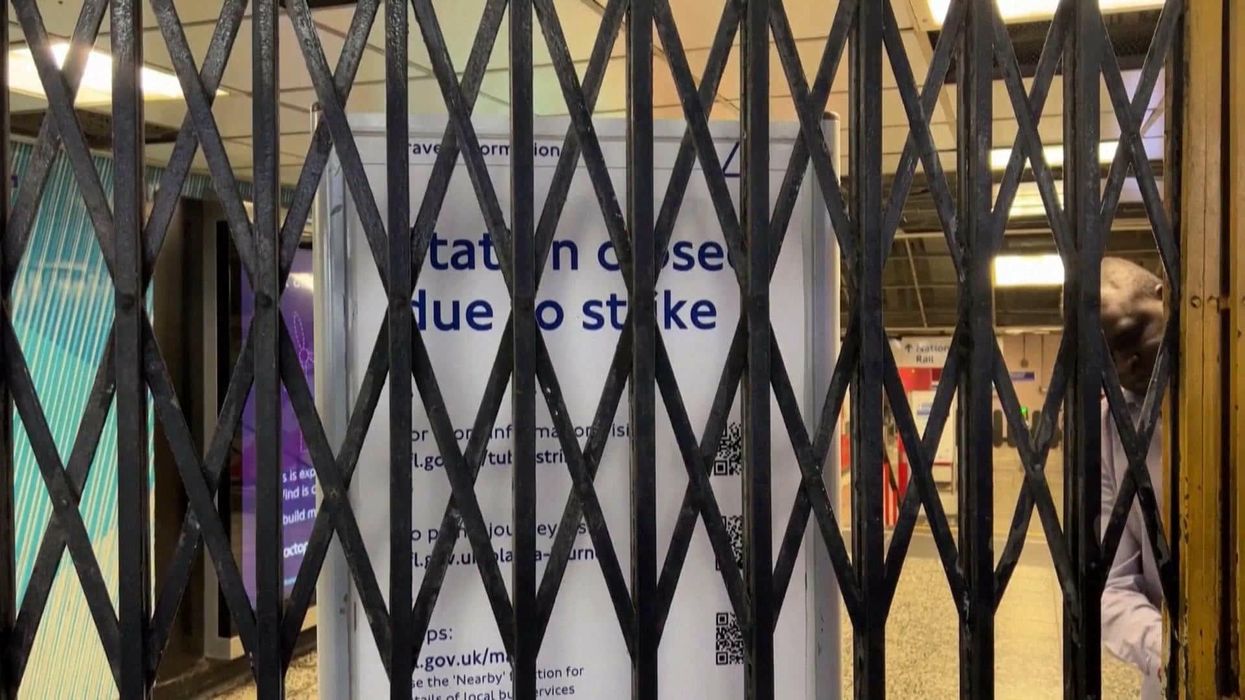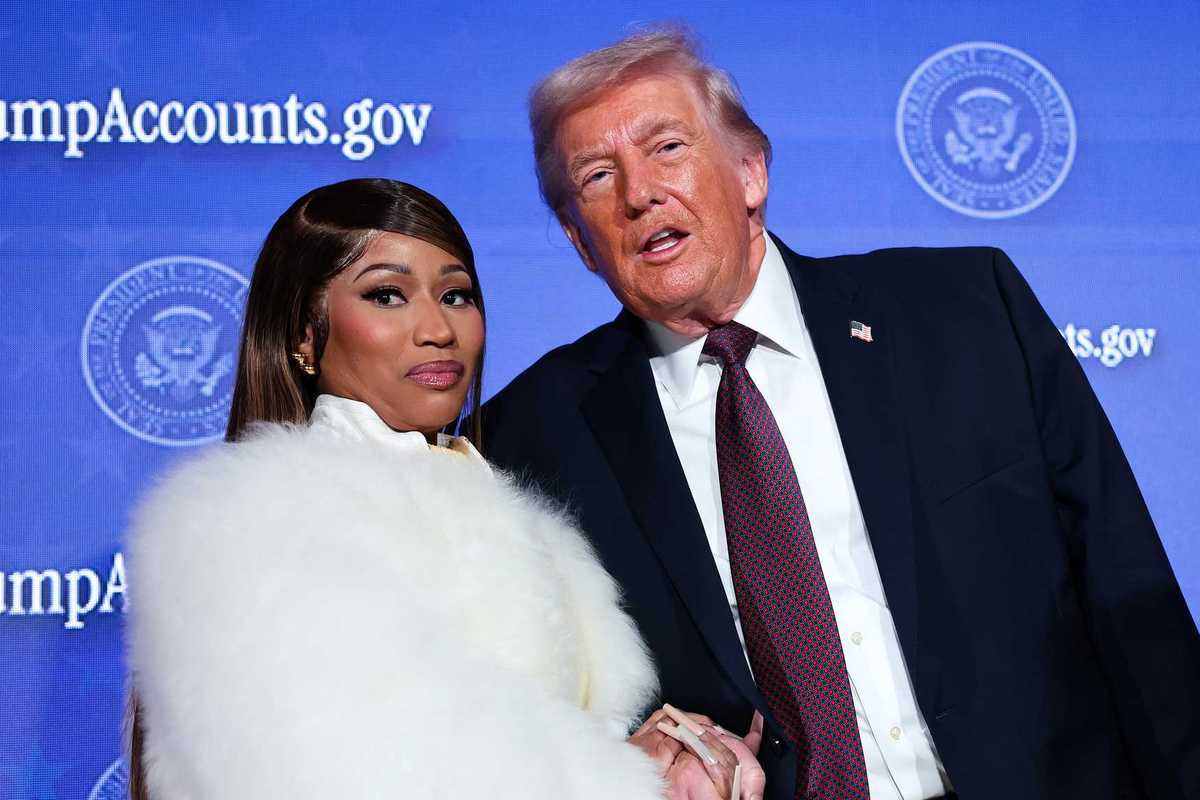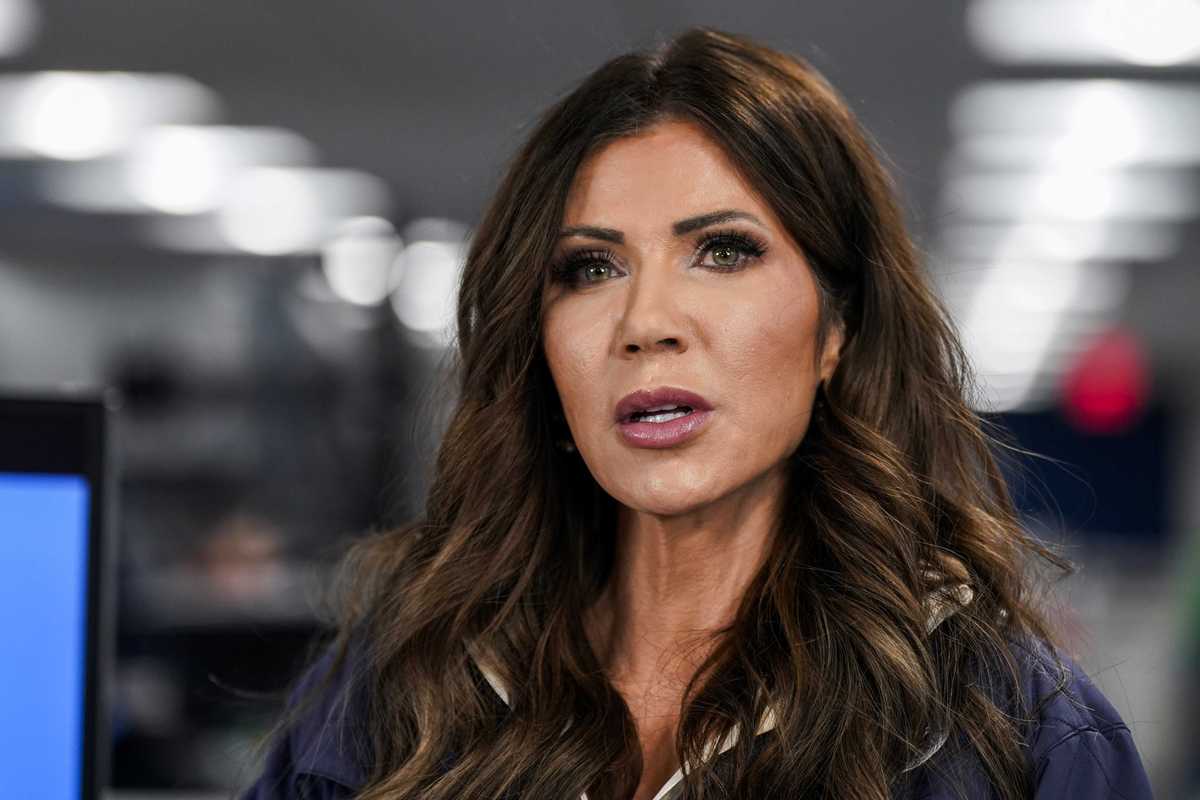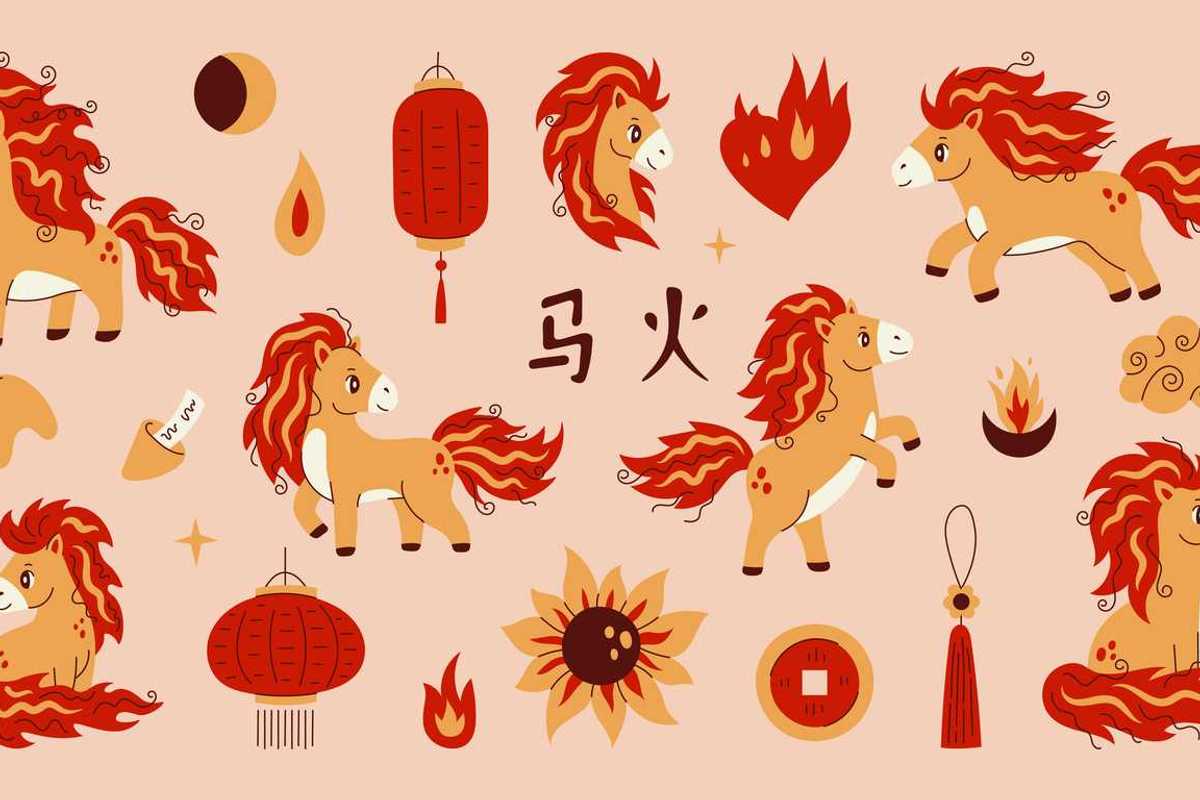Ariana Baio
Jun 21, 2022
Rail workers strike in Britain halts travel
Video
Tuesday morning UK commuters, visitors, and travelers were met with massive train delays and cancellations following railway strikes in the UK.
In the largest railway strike in 30 years, approximately 20 per cent of the daily service trains were running on Tuesday. The trains that did run started later and ending earlier from 07:30 and 18:30.
As people looked for alternative travel plans roadways became clogged with more traffic due to the increase in car and bus services.
Here's everything you need to know according to BBC.
Sign up for our free Indy100 weekly newsletter
Who is leading it?
The National Union of Rail, Maritime and Transport Workers (RMT) is leading the strike.
The union is banding together on behalf of thousands of lower-earning employees like signalers, cleaners, train guards, and others.
"Every worker in this country deserves to negotiate a pay rice and bargain on their conditions because if you're not bargaining for a strong trade union, you're begging," Mike Lynch the RMT General Secretary told BBC.
RMT indicated they have planned three days of striking, June 21, 23, and 25. Nearly 40,000 workers part of RMT at Network Rail and 13 train operators have walked out.
Why are they striking?
The RMT is advocating for lower-earning employees' wages to be raised 7 per cent to meet the standard cost of living which has been impacted due to inflation. They say members have not seen a pay rise in nearly three years.
However employers have only agreed to a maximum of 3 per cent.
Workers are also concerned about job cuts occurring at Network Rail which could contribute to lower safety measures for passengers.
Who supports the strike?
While the rail strike has caused a disruption in travel, many people still support to the strike.
One cab driver told GMB that while the strike has caused some issues he "100 percent backs" the men and women of the union adding that "if it has to bite on us, so be it."
Former Labour leader Jeremy Corbyn stood in solidarity with workers striking, tweeting: "We cannot let the profits of the rich continue to grow at the expense of workers’ jobs, wages, conditions, pensions and safety.”
Other Labour MPs like Kate Osborne, Zarah Sultana, Ian Lavery, and more expressed their support for the strike as well.
How is the government reacting?
The government has refused to get directly involved saying they are not the primary employer therefore negotiations should take place between the unions and Network Rail.
Transport Secretary Grant Shapps called the strike "a stunt" on BBC Breakfast adding that "the reality is they're using it as a camouflage for the fact they've walked out of the talks that they should be in with their employers."
Prime Minister Boris Johnson says inflation is not a reason to raise wages and the strike was "so wrong and so unnecessary" according to reporting from BBC.
Johnson went on to explain that when wages are raised, consumers prices are raised, the cost of living increases, and then wages need to be raised again. This is called a wage-price spiral
The Trades Union Congress disputed the idea saying, "energy prices are pushing up inflation - not wages."
Have your say in our news democracy. Click the upvote icon at the top of the page to help raise this article through the indy100 rankings.
Top 100
The Conversation (0)














